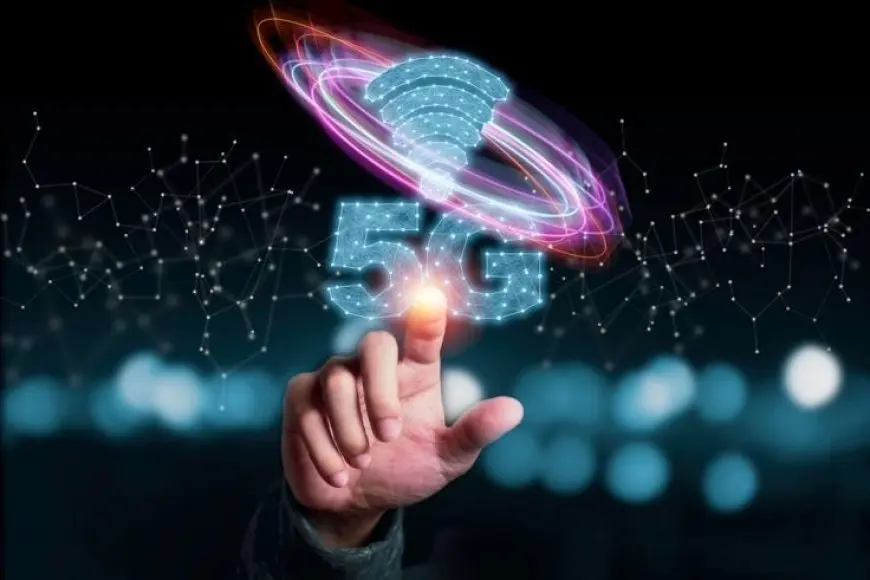"How 5G Will Transform Connectivity and Speed"
"How 5G Will Transform Connectivity and Speed"

How 5G Will Transform Connectivity and Speed
The advent of 5G technology marks a significant leap forward in the evolution of connectivity, promising faster speeds, lower latency, and greater capacity than previous generations of wireless networks. As the backbone of future digital ecosystems, 5G is set to revolutionize industries, enhance user experiences, and unlock the potential of emerging technologies.
One of the most remarkable features of 5G is its ability to deliver blazing-fast speeds. This improvement will enable users to download and stream high-quality content in seconds, revolutionizing how people access and consume media. Streaming services, online gaming, and video conferencing will become more seamless, enhancing both personal and professional interactions.
The low latency offered by 5G is another game-changer. Latency refers to the time it takes for data to travel between devices. With reduced latency, 5G networks can support real-time communication, making technologies such as augmented reality (AR) and virtual reality (VR) more immersive and responsive. This opens up new possibilities for applications in gaming, education, and training simulations.
5G will also transform industries by enabling the Internet of Things (IoT) to reach its full potential. With its ability to connect a massive number of devices simultaneously, 5G will power smart cities, autonomous vehicles, and industrial automation. In smart cities, for instance, sensors and devices can communicate in real-time to optimize traffic flow, manage energy consumption, and enhance public safety.
Healthcare is another sector poised for transformation with 5G. Telemedicine will become more reliable, enabling doctors to conduct high-quality virtual consultations and even perform remote surgeries using robotic systems. Wearable health devices will transmit real-time data to healthcare providers, allowing for better monitoring and early detection of medical conditions.
The benefits of 5G extend to the business world as well. Enterprises will leverage the technology to enhance productivity and drive innovation. For example, 5G can support remote collaboration by enabling high-definition video calls and real-time file sharing without interruptions. In manufacturing, it will facilitate advanced robotics and smart factories, optimizing production processes and reducing costs.
5G’s enhanced capacity will also be critical for addressing the growing demand for connectivity. With more people and devices coming online, 5G networks are designed to handle the increased traffic without compromising performance. This ensures a reliable connection even in densely populated areas, such as urban centers or large events.
Despite its many advantages, the deployment of 5G faces challenges, including infrastructure costs, regulatory hurdles, and public concerns about health and privacy. Addressing these issues will require collaboration among governments, industry stakeholders, and communities to ensure the technology is implemented responsibly and equitably.
In conclusion, 5G represents a transformative step forward in connectivity, offering unprecedented speed, reliability, and capacity. Its impact will be felt across all aspects of life, from entertainment and communication to healthcare and industry. As 5G networks continue to expand, they will serve as the foundation for a more connected and innovative future.







